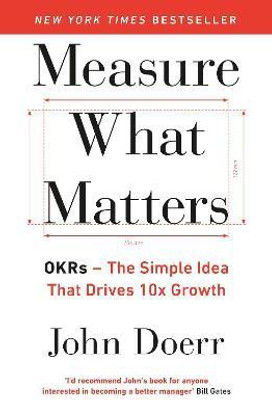
Marriage, Class and Colour in Nineteenth Century Cuba (English, Paperback, Martinez-Alier Verena)
Share
Marriage, Class and Colour in Nineteenth Century Cuba (English, Paperback, Martinez-Alier Verena)
Be the first to Review this product
₹118/month
36 months EMI Plan with BOBCARD
Special price
₹3,344
₹3,800
12% off
Coupons for you
T&C
Available offers
T&C
T&C
T&C
T&C
Delivery
Check
Enter pincode
Delivery by21 Aug, Thursday
?
View Details
Highlights
- Language: English
- Binding: Paperback
- Publisher: Cambridge University Press
- Genre: History
- ISBN: 9780521098465, 9780521098465
- Pages: 220
Services
- Cash on Delivery available?
Seller
Description
An analysis of marriage patterns in nineteenth-century Cuba, a society with a large black population the majority of which was held in slavery but which also included considerable numbers of freedmen. Dr Martinez-Alier uses as her main source of evidence the records in Havana of administrative and judicial proceedings of cases in which parents opposed a marriage, of cases involving elopement, and of cases of interracial marriage. Dr Martinez-Alier develops a model of the relation between sexual values and social inequality. She considers the importance of the value of virginity in supporting the hierarchy of Cuban society, based on ascription rather than achievement. As a consequence of the high evaluation of virginity, elopement was often a successful means of overcoming parental dissent to an unequal marriage. However, in cases of interracial elopement, the seduced coloured woman had little chance of redress through marriage. In this battle of the sexes and the races, the free coloured women and men played roles and acquired values which explain why matrifocality became characteristic of black free families.
Read More
Specifications
Book Details
| Imprint |
|
Series & Set Details
| Series Name |
|
Dimensions
| Width |
|
| Height |
|
| Length |
|
| Weight |
|
Be the first to ask about this product
Safe and Secure Payments.Easy returns.100% Authentic products.
Back to top






